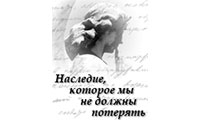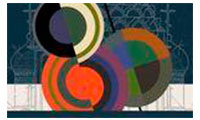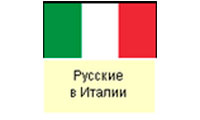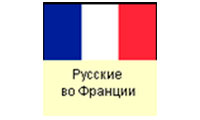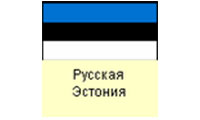HENRIHA/INDRIĶA CHRONICON LIVONIAE AUTORA IDENTITĀTES PROBLĒMA KRIEVIJAS HISTORIOGRĀFIJĀ
Sergej Tsoya
Summary
The Livonian Chronicle and the authorship of this work gains a lot of attention in the Russian historiography. The complete work was translated into Russian twice, and several times the translation of single parts of the source was performed as well. The aim of this article is the review and the analysis of the Russian historiography regarding this matter. The author is concluding, that frequently the question of The Livonian Chronicle and its authorship gained both academic and political dimensions – especially when the Baltic question was brought to the discussion in the international arena and was regarded as particularly important to Russia. Till the revolution of 1917, the vast majority of the Russian historians expressed the conviction that the author of the chronicle – Henricus de Letti, was of the Latvian (local) origin. After the revolution, the view of the S. Annensky gained an advantage. According to him, Henricus de Letti was believed to be the person of German origin/nationality. But it must be stressed that the nationality of the author is not the crucial point in the understanding of the text of the chronicle itself. In recent period, regardless of the fact that in 2009 the full translation of the source was performed from the completed text of 1938, the Livonian Chronicle and its authorship is not among the most important problems of the Russian medieval historiography. It is also necessary to remand that the research of the chronicle in the Russian historiography has always been the secondary, not the primary one. The translations of the source into Russian were traditionally done from the German texts, and only sometimes – as it was in the incomplete translation of 2002, some Latvian texts were used, too. In case of the translation of 2002, the Latvian version of the chronicle published in 1993 was used as one of the original sources.



